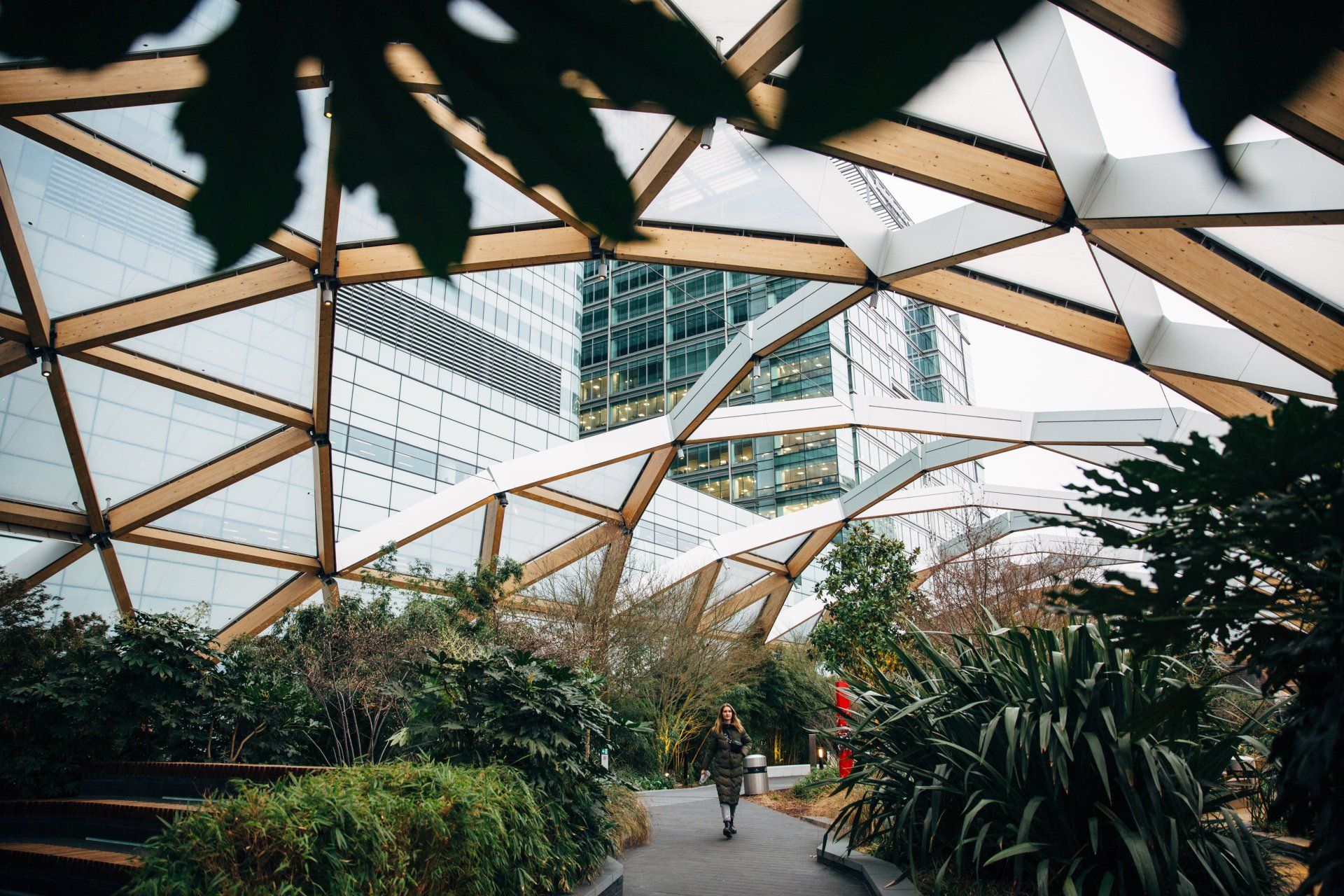The emission reduction goal has increased from the previously set target of 57% by 2030 – fuelling the UK’s aim to reach net zero by 2050.
Addressing the climate emergency
Meeting existing targets
The ambitious goal comes despite the Climate Change Committee previously warning the government that the UK is not on track to hit its existing fifth carbon budget target of cutting emissions by 57% by 2030. With the Climate Change Committee stressing that carbon offsetting should not be used as a tool to enable these reductions.
The government notes it now ‘recognises the urgency to go further to tackle climate change’ and highlights that the new goal is the first target set by the UK following its departure from the EU.
Nationally Determined Contributions
The government says the move is intended to spur other countries into stepping up their Nationally Determined Contributions (NDCs), which determine the level of domestic action each member of the Paris Agreement pledges to make.
Reducing businesses emissions
We’re committed to helping our customers reduce emissions and creating a future net zero world by 2050. Your business can play a part in enabling the UK to reach its emission reduction target, by taking advantage of our sustainable products and services. This includes our workplace electric vehicle charging points and green energy tariff.




